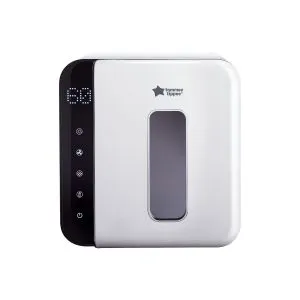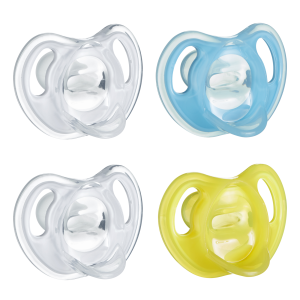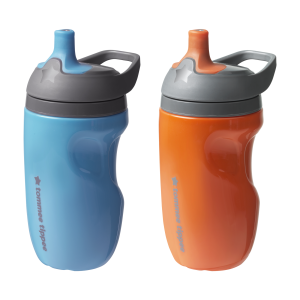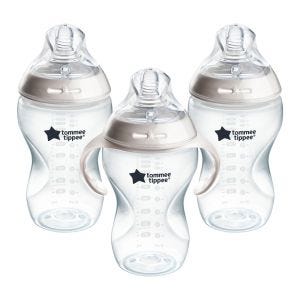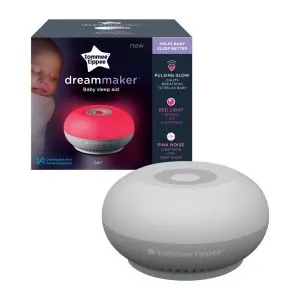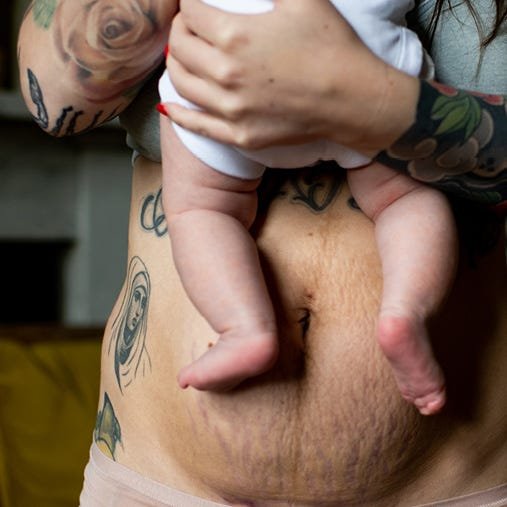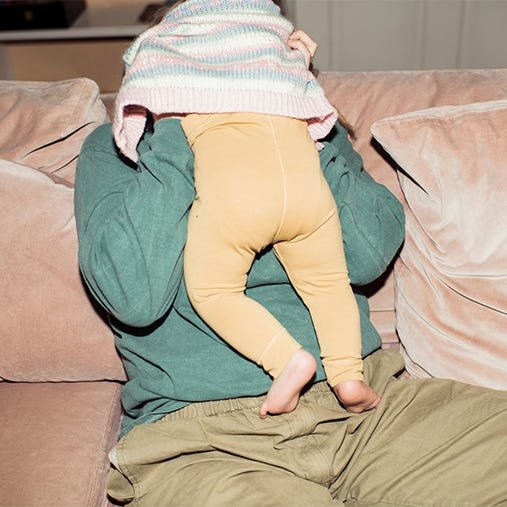Recent CDC research shows that about one in eight women in the US experience symptoms of postnatal depression (PND). It's important that parents are aware of the signs and symptoms, and that they know when and how to seek help if it's needed.
In this guide, we'll cover what postnatal depression is, what symptoms you should look out for, and how it can be treated.
What is postnatal depression?
Postnatal depression (also referred to as postpartum depression) is a common form of depression that occurs after a person has had a baby. It's different from the post-birth 'baby blues' that people talk about.
It can develop suddenly, or gradually over time, which can make it tricky to identify. It varies and can be mild to very severe.
Many people are so wrapped up in caring for their newborn that they don't stop to check in with themselves, so understanding postnatal depression is an important step in being able to take the best care of yourself and your baby.
Postpartum depression symptoms
Unfortunately, it's estimated that nearly 50% of moms with postpartum depression go undiagnosed. This is often because people either don't recognize that they have it, or they overlook their symptoms because they're worried about judgment from others.
It's important to know that PND is common, and you'll never be judged for speaking out about how you're feeling. Being aware of and spreading knowledge about the symptoms of postnatal depression is an important step in reducing the stigma around it and helping more parents get the support they deserve.
Signs that you or someone you know might be depressed include:
- A feeling of sadness or a low mood that doesn't go away
- Lack of interest or enjoyment in things that once brought joy
- Avoiding contact with others and withdrawing from social situations
- Trouble sleeping in the evening
- Feeling tired or lacking energy during the day
- Finding it difficult to take care of the baby or yourself
- Problems with decision-making and concentration
- Under or overeating
- Thinking that you're a bad parent
- Feeling overwhelmed, anxious, or guilty
- Lacking confidence or feeling low in self-esteem
- Having concerning or intrusive thoughts about things like hurting the baby or yourself
If you have thoughts of suicide or harming yourself or your baby, you should seek help from your doctor right away.
Potential causes of post-pregnancy depression
The truth is, there's no clear cause for postnatal depression, but there are some factors that can make it more likely that you'll experience postnatal depression. These include:
- Having a family history of mental health problems after childbirth.
- Dealing with anxiety or depression while pregnant or if you were already managing mental health issues before becoming a parent. If you have a history of depression or mental health problems and are thinking about getting pregnant it's a good idea to speak to your doctor so that they can support you and offer you appropriate, safe treatment.
- Experiencing a stressful event after the baby arrives such as moving house, a relationship breakdown, or the death of a loved one.
- Having twins. Moms of multiple births can be more at risk.
- Lack of support from a partner, close family, or friends.
- Experiencing domestic violence or trauma.
Having a baby is a life-changing event that can sometimes trigger depression, even if none of the above points apply to you.
Postpartum mental health support
It can be a really difficult time, but it's important to remember that there's always support available if you or someone you know is dealing with postnatal depression.
Your family doctor can be a great first point of contact when it comes to getting support, and the following US-based charities are dedicated to supporting the mental well-being of parents.
